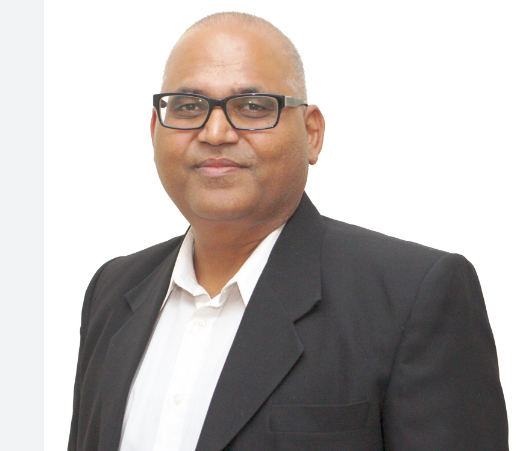
By Jai Birdi, General Secretary
Chetna Association of Canada
(Asian Independent)- A question that is often raised in some circles is, “Why should one celebrate Independence Day of India?” Although this is a rather complex topic that can’t be answered simply, a broader reflection on pre-independence and post independence is needed. Upon reflecting, the following comes to my mind:
- On June 9, 2000, the Honourable KG Balakrishnan was appointed to the post of Chief Justice of India. This was made possible when the then President of India, His Excellency, the Late Shri KR Narayanan, probed and asked a question as to why the list of potential candidates for the post of Chief Justice of India had no representation from the Scheduled Castes and Scheduled Tribes.
- In view of the recent Manipur Violence and Tragedy, the Chief Justice of India, Hon. Chandrachud, rightfully intervened and raised questions. Recently, a number of measures were undertaken, including the appointment of the former Maharashtra DGP and NIA officer Mr. Dattatray Padsalgikar to monitor the probe by the investigating agencies. (www.thehindu.com).
- During a conversation in 1930, Dr. Ambedkar told Gandhiji: “I have no homeland… how can I call this land my own homeland and this religion my own, wherein we are treated worse than cats and dogs, wherein we cannot get water to drink?”
Upon further reflections, the question that comes to my mind is: Do Dalits now believe they have a homeland? Is the representation of Dalits enhanced in independent India in comparison to colonial India? Are institutional pillars (judiciary, bureaucracy, and political leadership) effective in implementing the values of justice, liberty, equality, and fraternity? While there are incidents which suggest more effectiveness of these structures is needed, the overall trend suggests that there are now significant gains made in India for everyone. Would these gains have been made in the colonial era? Perhaps not to the same degree, or for the same reasons.
For me, it is more important that the caravan of transformation be kept moving forward recognizing, the pace can vary from time to time. This will also add to the tributes to, and for, many people who sacrificed and lost their lives for independence- and during the days of partition.
It is also important to see, at least on some occasions, a “glass half full”; celebrate accomplishments; learn, strategize, and commit our pledges for continuous improvements at both the individual and the systemic levels. Occasions such as independence day provide opportunities for these considerations.
With India’s population of over 1.4 billion and a strong diaspora, there is untapped potential to work together and attain outcomes that are aligned with the United Nations Sustainable Goals for 2030.
Let us celebrate the gains that India has made – and pledge to continue to strengthen the structures of democracy and achieve a more inclusive India!
Happy 77th Independence Day of India and greetings to all!
Jai Bhim
Jai Birdie, General Secretary
Chetna Association of Canada








